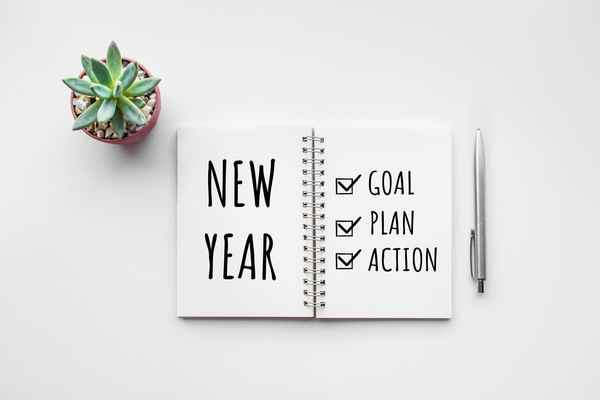
Most of us have put off something that needs to be done at one time or another. It might be avoiding that dentist appointment or sorting out your inbox. It’s also often the bigger things we put off, like updating our resume or dealing with a difficult situation.
Why do people procrastinate?
We can all come up with a variety of reasons to justify why “right now” isn’t the right time to start something. Sometimes we feel too busy, too stressed or too tired. Maybe the task at hand is difficult, likely to cause conflict or even boring. Sometimes these are excuses and sometimes they’re genuine reasons we’re struggling to dive into a task.
Why procrastination isn’t useful
Procrastinating can hold us back from making meaningful changes in our lives and work. Often tasks we procrastinate on are necessary – they have to be done eventually, so procrastinating causes stress and delay other things we need to get done in life. Procrastinating can also let our colleagues or other people down, as they’re relying on us to do our bit.
Tips to get started
By properly managing your time, you can help to avoid the negative consequences of procrastination. Getting over the hill of procrastinating can mean refocusing and re-energising. Cleaning up your work area allows your mind to focus and is a tangible, productive task in and of itself!
- Clean your desk
- Throw out pens that don’t work
- File away or throw out piles of papers
- De-clutter your inbox by creating folders and filing emails. Ideally, your inbox should only contain emails you need to action – a virtual to-do list
- Decorate your workspace to make it nice to be in; inspirational images, quotes or photos of your loved ones can make your more inclined to spend time at your desk
Once you’ve aced your workspace, good time management skills are the next step to help you reach your goals.
To change your long-term habits to move away from procrastinating:
- Prioritise your tasks by listing them in order of importance of what to do first and break big tasks down
- Prune your list down to a manageable size – a massive list of “things to do” can create more stress and feel unattainable. Focus on the essentials
- Assess how you are currently spending your time (both being productive and procrastinating)
- Set reasonable goals
- Focus on one task at a time
- Don’t waste your time on unproductive tasks
- Be flexible and prepared to reprioritise tasks as circumstances change
- Start with the hardest task to get the worst out of the way and out of your mind
- Reward your progress with a fun activity or treat for yourself.



